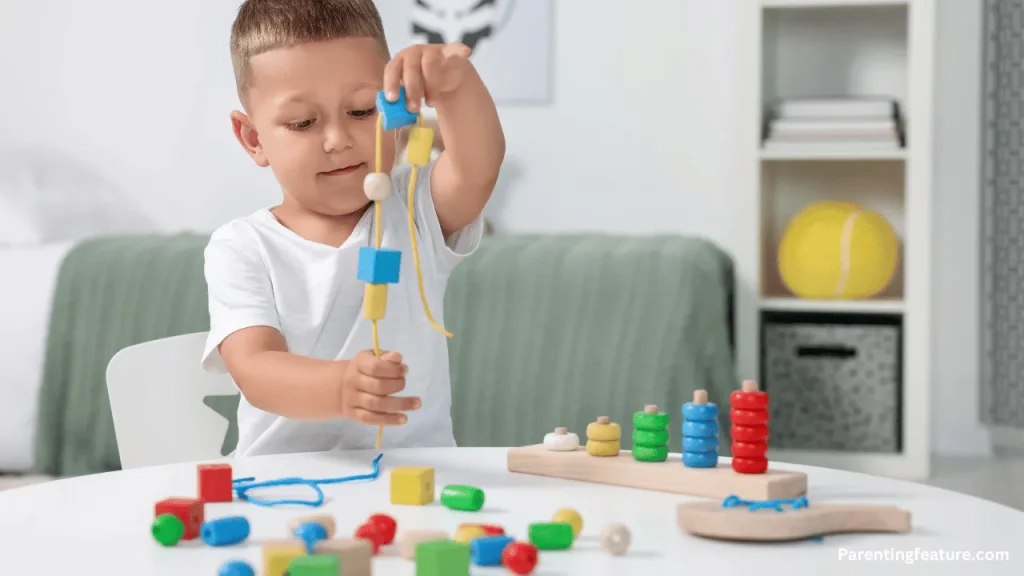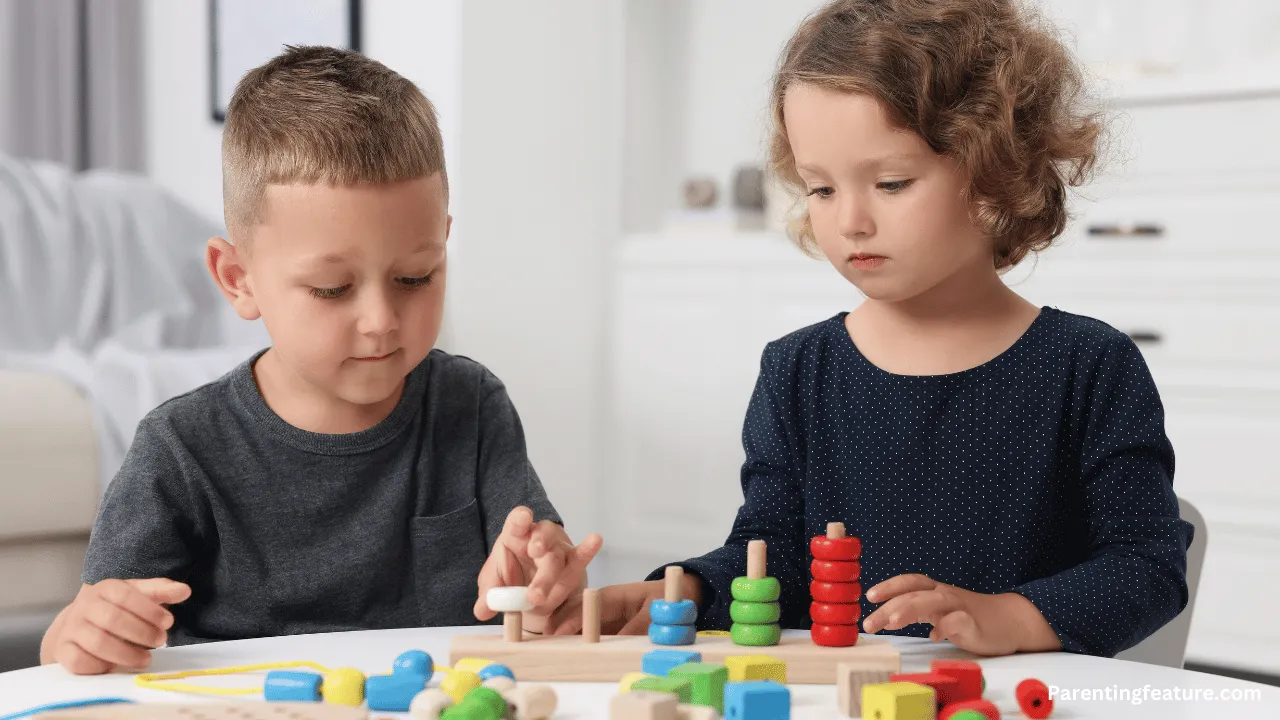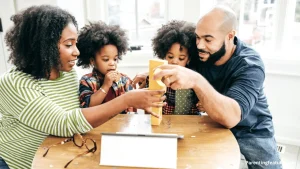Mastering fine motor skills plays a pivotal role in the intricate dance of childhood development. It lays the groundwork for a child’s independence, academic success, and proficient manipulation of the world around them.
These skills, which involve the delicate coordination of small muscles in the hands and fingers, are essential for precise movements.
From the simple joy of buttoning one’s shirt to the academic challenge of holding a pencil, fine motor skills are interwoven into the fabric of daily life, underscoring their importance from infancy through to the preschool years and beyond.
The value of these skills cannot be overstated, as they are critical for self-care tasks such as dressing, eating, and using utensils, which are stepping stones towards independence.
In education, they prepare children for school readiness through activities like writing, drawing, and cutting.
Moreover, fine motor skills enrich a child’s play and exploration, allowing them to build, manipulate toys, and engage with their environment meaningfully. Understanding the developmental trajectory of these skills provides a blueprint for parents and caregivers to nurture and support their growth effectively.
The Developmental Journey of Fine Motor Skills
Infants (0-12 months) embark on this journey almost from birth, with milestones that include tummy time to strengthen neck and shoulder muscles, crucial for fine motor development.
Grasping toys, reaching for objects, and engaging in simple fingerplay songs like “Itsy Bitsy Spider” introduce the basics of hand-eye coordination and dexterity.
Toddlers (1-3 years) progress to more complex activities that challenge their developing skills. Stacking blocks or cups, stringing beads, and manipulating playdough encourage precision and grip strength.
Finger painting and scribbling with crayons spark creativity and refine control, while simple puzzles lay the groundwork for problem-solving and spatial awareness.
Preschoolers (3-5 years) take on activities requiring more advanced agility and coordination, such as cutting with scissors, drawing, tracing shapes, and using tweezers or tongs in sorting games, further fine-tuning their skills.
Building with complex blocks, engaging in lacing and threading activities, and mastering the intricacies of dressing and undressing with buttons and zippers prepare children for the demands of school and everyday life.
Also read: Stop Helicopter Parenting: Tips to Avoid Hovering
Incorporating Fine Motor Skills into Everyday Activities
Integrating fine motor skill development into daily routines can be simple and effective. Self-care tasks like setting the table, zipping and buttoning clothes, and brushing teeth provide practical, hands-on practice.
Involvement in household chores such as folding laundry, wiping surfaces, and sorting items offers valuable opportunities for skill enhancement.
Outdoor play, including sand and water play, collecting small objects, and gardening, encourages exploring and manipulating different textures and objects, further promoting dexterity.
Also read: Essential Tips on How to Become a Good Parent

Additional Tips for Fostering Fine Motor Development
Ensure that these activities are engaging and appropriately challenging for the child to maximize their effectiveness.
Presenting activities as games, starting with simple tasks and gradually increasing difficulty, and providing child-sized tools can make learning accessible and enjoyable.
Focusing on the process rather than the outcome encourages persistence and creativity while offering limited choices helps to prevent overwhelm.
Encouraging exploration and allowing the child to lead their discovery process fosters a love of learning and experimentation.
Recognizing the Need for Additional Support
While most children develop fine motor skills at their own pace, it’s crucial to be vigilant for signs of potential difficulties.
Persistent delays in reaching milestones, challenges with grasping objects, clumsiness, or avoidance of fine motor activities may indicate a need for extra support.
Consulting with professionals, such as occupational therapists, can provide a comprehensive assessment and tailored strategies to support the child’s development.
Conclusion:
Developing fine motor skills begins in the earliest years of life and sets the stage for success in school and beyond. Through everyday activities and targeted support, parents and caregivers play a critical role in nurturing these essential abilities.
Fostering dexterity and precision in young children equips them with the tools they need to navigate the world around them, opening doors to new discoveries, academic achievements, and the ultimate goal of independence.
Therefore, let us commit to supporting our children on this developmental journey, recognizing the profound impact of our efforts on their future success.
FAQs
1. What are fine motor skills, and why are they important?
Fine motor skills involve coordinating small hand and finger muscles to perform precise movements. They are crucial for self-care tasks like dressing, eating, and using utensils, as well as school readiness through activities such as writing, drama, wings, play, and exploration. They enable children to build and manipulate toys effectively.
2. At what age should parents start supporting the development of fine motor skills?
Parents can start supporting the development of fine motor skills from infancy. Even simple activities like tummy time, grasping toys, and fingerplay songs can lay the foundation for these essential skills from birth to 12 months.
3. Can you give examples of fine motor skills activities for toddlers?
Toddlers (1-3 years) can stack blocks or cups, string beads, play with playdough and finger paint, scribble with crayons, and work on simple puzzles. These activities help develop grip strength, hand-eye coordination, and agility.
4. What kind of activities enhance fine motor skills in preschoolers?
Preschoolers (3-5 years) benefit from cutting with scissors, drawing, tracing shapes, using tweezers or tongs in sorting games, building with complex blocks, engaging in lacing and threading activities, and learning to use buttons and zippers. These tasks require more advanced agility and coordination.
5. How can fine motor skills be incorporated into daily life?
Incorporating fine motor skills into daily life can involve self-care tasks (like zipping clothes and brushing teeth), household chores (folding laundry, wiping surfaces), and outdoor play (sand and water play, gardening). These activities provide practical and enjoyable opportunities for skill development.








